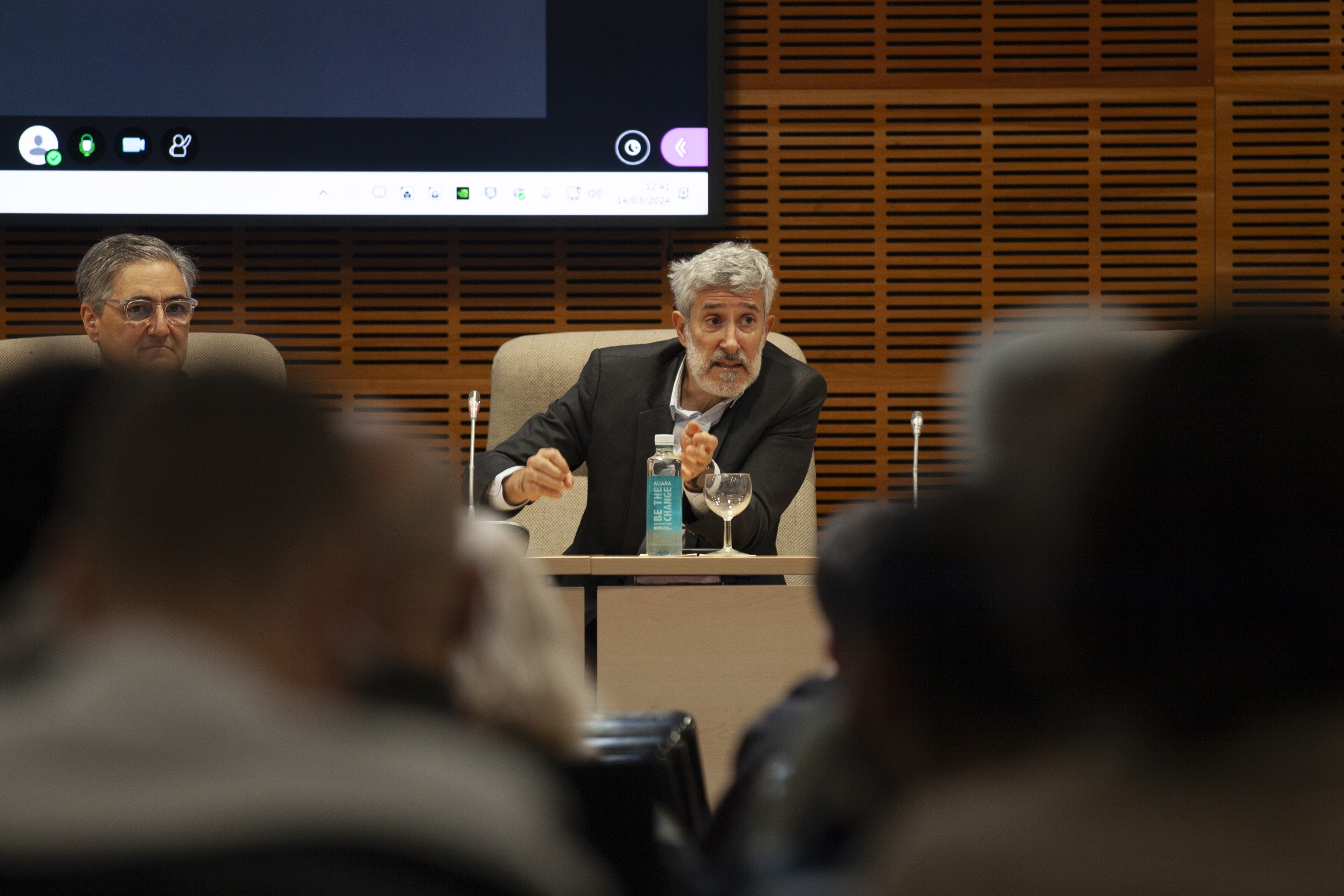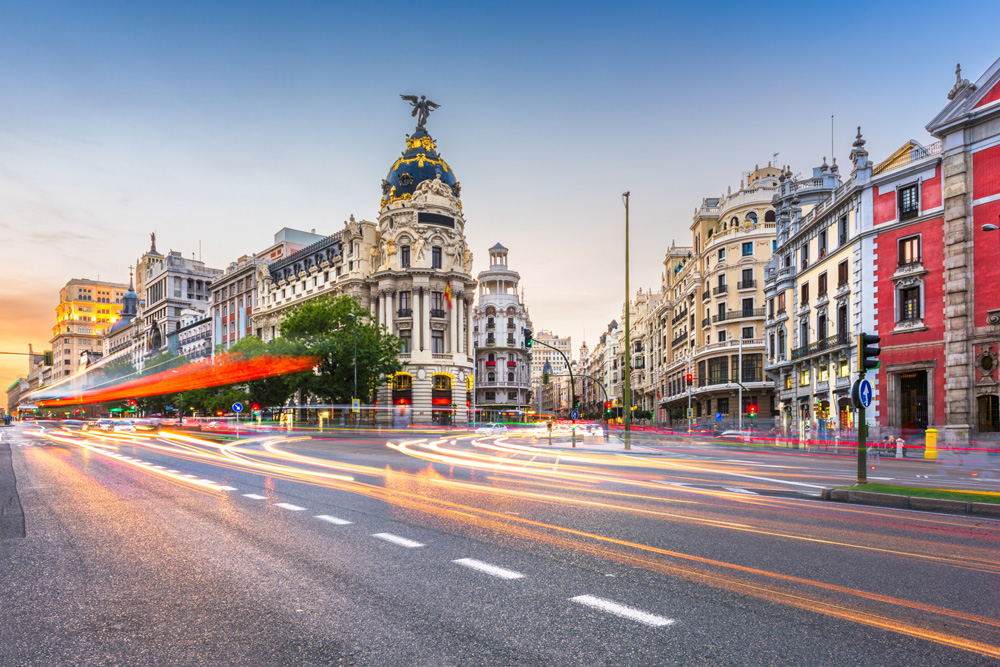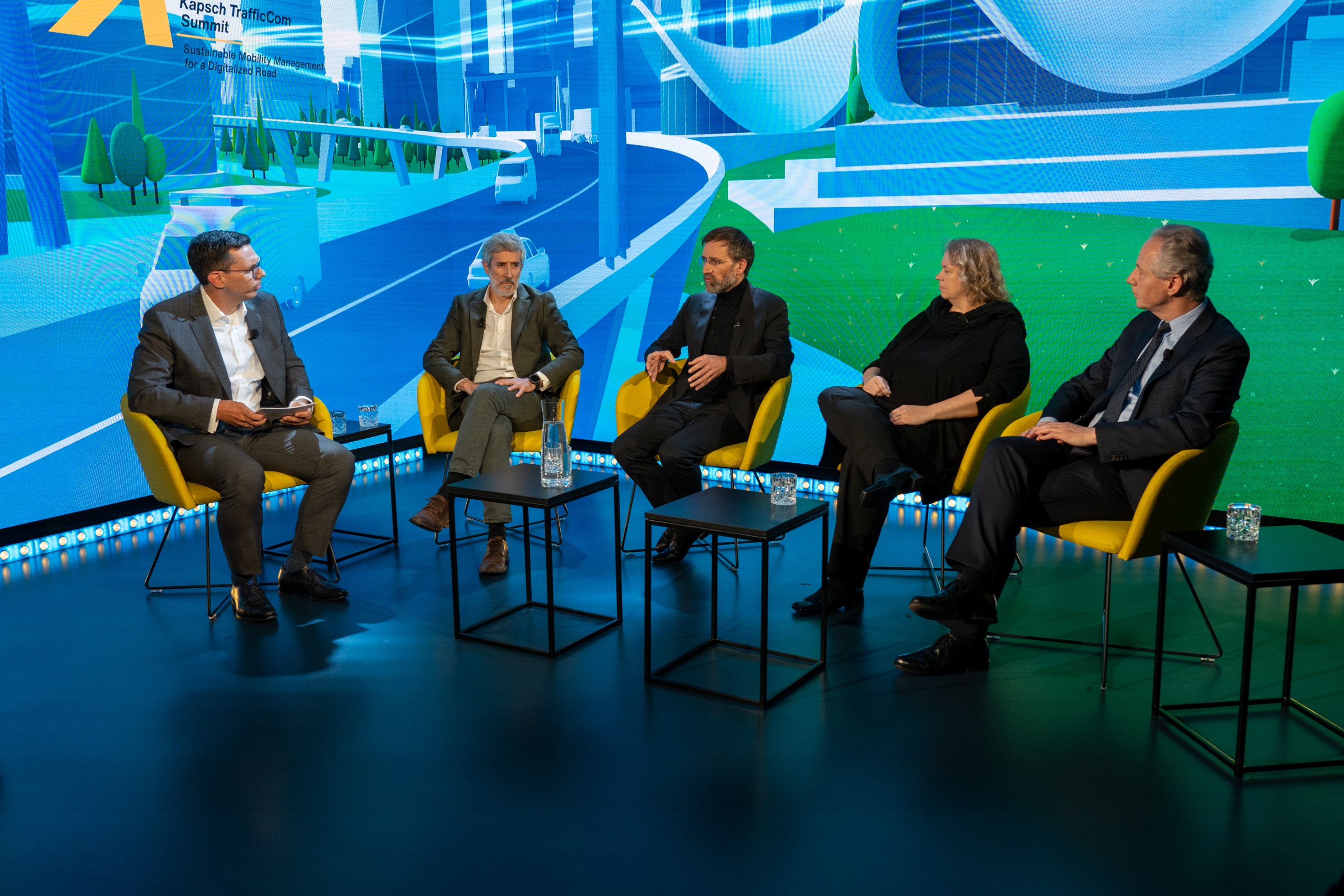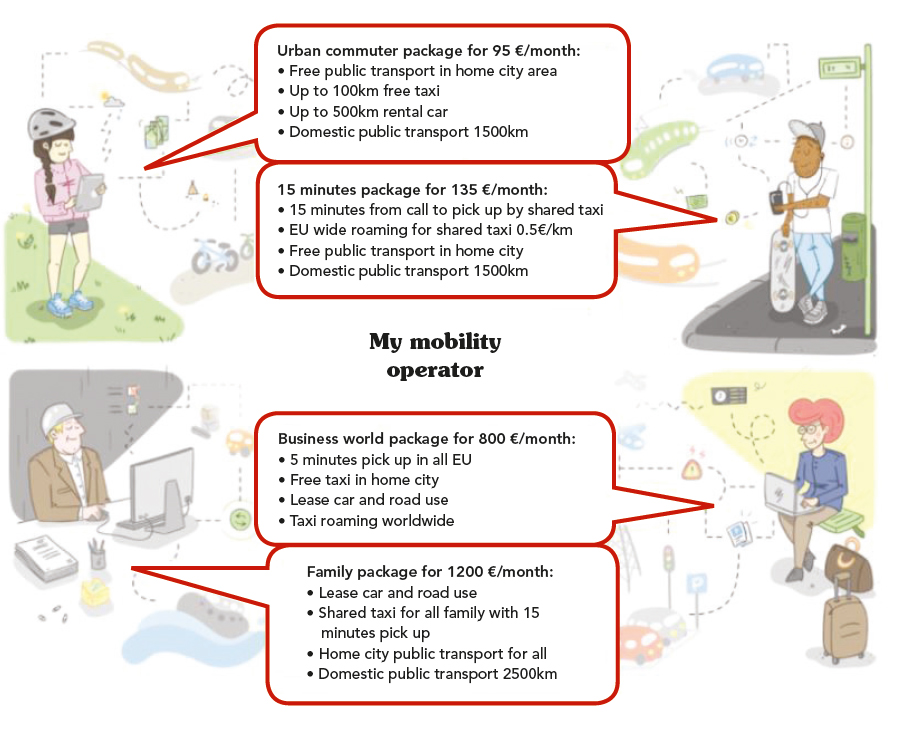
The biggest challenge for sustainable mobility lies in changing the behaviour of people, according to a panel discussion between academics and ITS firms.
The event marked the unveiling of a new research post, funded by Kapsch TrafficCom, at Comillas Pontifical University in Spain: the Chair for Smart and Sustainable Mobility has been set up to analyse the challenges of research for sustainable mobility - and propose cutting-edge policy designs.
Kapsch and the university want to foster a close-knit academic-industrial partnership to develop new solutions.
Alfredo Escribá, CTO of KapschTrafficCom, said demand management - rather than road capacity supply - is one of the key solutions to mobility problems.
Influencing transport users has to be approached "from a scientific direction" with proper experiments and analysis, he added.
This might include using artificial intelligence to aid decision-making, said Antonio Muñoz, director of Comillas ICAI.
"The most important thing is to change some behaviours and suggest technological or infrastructure improvements that make it easier, because that is the most complex part," said Irene Álvarez de Miranda, from Ingerop T3.
"The decarbonisation of mobility does not only depend on changing energy sources or being more efficient, but also on changing distances. The real smart city must work with its resources, not only develop new technologies."
Ibon Galarraga, CEO of Metroeconómica, said: "It is a mistake to want to design one policy when several are needed."
In addition, how acceptable people find levels of taxation, such as charging fees to drive into cities, "is important for behaviour", said María Eugenia López-Lambas of the Universidad Politécnica de Madrid.












